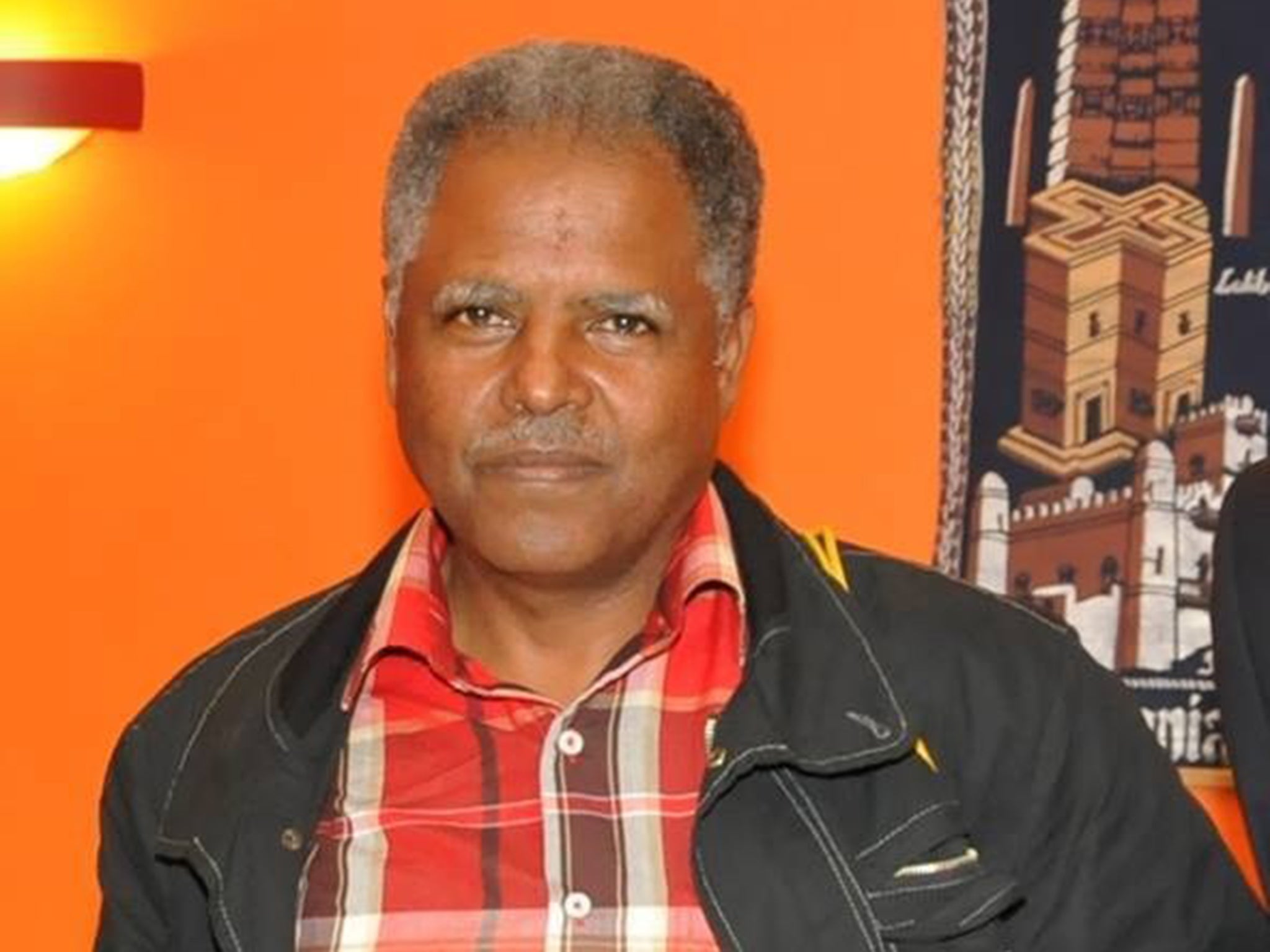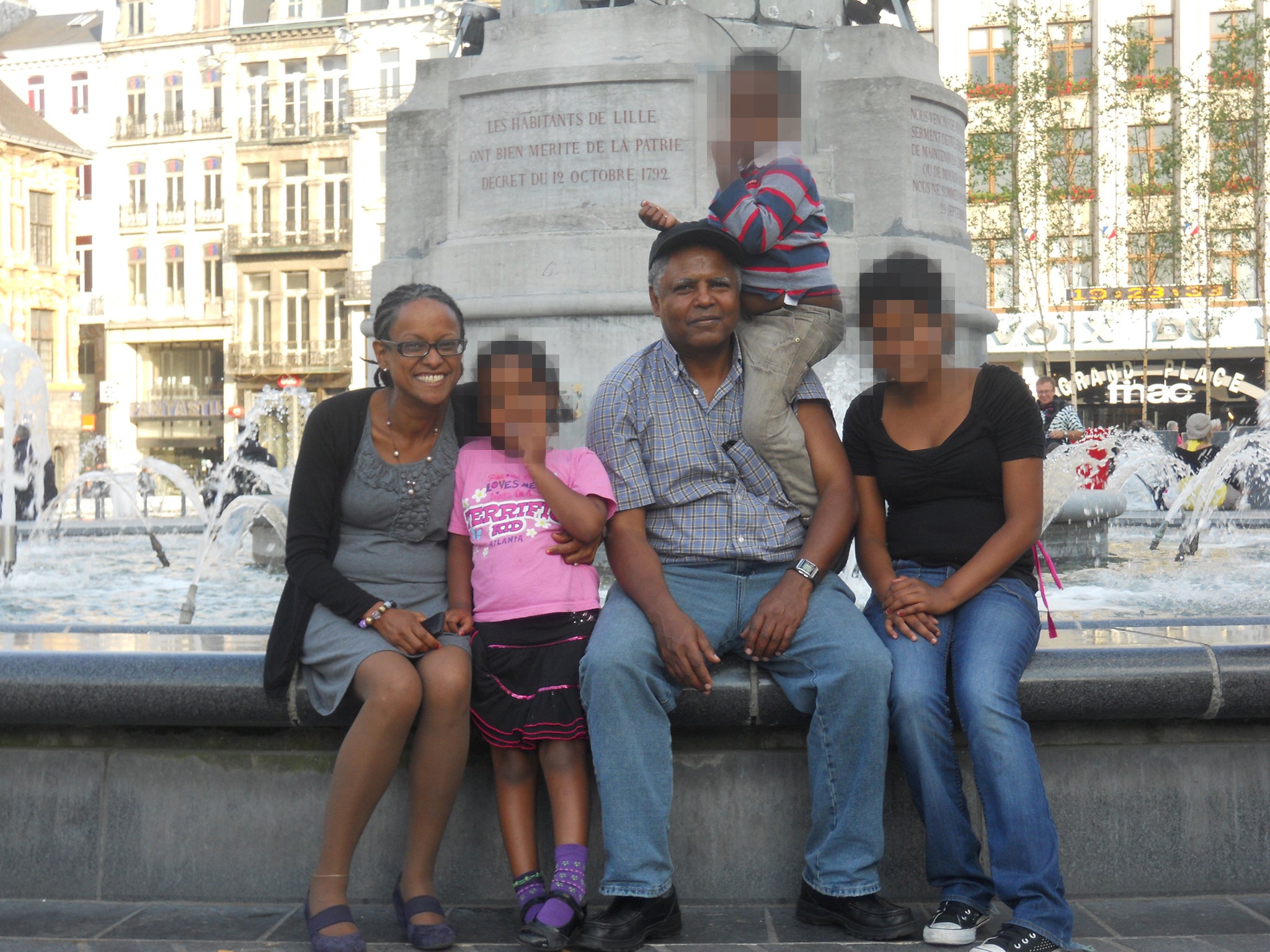Andy Tsege: Foreign secretary warns Ethiopia over treatment of Briton languishing on death row in the country
Philip Hammond says solitary confinement of opposition figure will harm relations between countries and that denial of access to British diplomats is "not acceptable"

Ethiopia has been warned by the foreign secretary over its detention of British death-row inmate Andargachew ‘Andy’ Tsege, as Philip Hammond attacked Addis Ababa's behaviour as "not acceptable".
Using strong, undiplomatic language, Mr Hammond renewed a call for Addis Ababa to grant British embassy officials access to the opposition leader and British national, adding that he was “concerned” for Ms Tsege’s welfare.
Ms Tsege, a 60-year-old British national, was arrested last year while travelling through Yemen and extradited to Ethiopia. He was sentenced to death in absentia in 2009 for his involvement with an opposition political group.
This week marks the first anniversary of Mr Tsege’s solitary confinement in a secret jail, with concerns growing for the state of mind of the father of three.
Now Mr Hammond has told his Ethiopian opposite number, Tedros Adhanom Ghebreyesus, that the treatment of Mr Tsege risks diplomatic consequences.
The foreign secretary said in a statement: “I am deeply concerned that, a year after he was first detained, British national Andargachew Tsege remains in solitary confinement in Ethiopia without a legal process to challenge his detention.
“I am also concerned for his welfare and disappointed that our repeated requests for regular consular access have not been granted, despite promises made.
"I spoke to Foreign Minister Tedros this afternoon and made clear that Ethiopia’s failure to grant our repeated and basic requests is not acceptable.
“I informed Dr Tedros that the lack of progress risks undermining the UK’s much valued bilateral relationship with Ethiopia.”
Mr Hammond said he renewed calls for “regular consular access and for our concerns regarding Mr Tsege’s welfare to be addressed”.
A request has also been made for visit by Mr Tsege’s family.

“Foreign Office officials will continue to provide consular support both to Mr Tsege and to his family during this difficult time,” Mr Hammond said.
Greg Dorey, the British ambassador to Ethiopia, visited Mr Tsege in April. During the meeting, Mr Tsege told the ambassador that it might be “preferable and more humane” if he was executed.
A report of the ambassador’s visit sent to Mr Tsege’s partner, Yemi Hailemariam, the mother of their three children who lives in north London, left her “at breaking point”, she told The Independent last week.
Leading opposition figure Mr Tsege sought asylum in Britain in 1979 after being threatened by Ethiopian authorities.
Join our commenting forum
Join thought-provoking conversations, follow other Independent readers and see their replies
0Comments